Biomedical engineering is a booming career field as health and technology are coming together to revolutionize the field of medicine.
Employment of biomedical engineers are projected to grow 15% over the next ten years, faster than the average of all occupations. Biomedical engineering bridges the gap between engineering and medicine, seamlessly combining the design and problem-solving skills of engineering with medical and biological sciences in order to improve healthcare diagnosis, monitoring and therapy.
The study of biomedical engineering involves a broad array of diagnostic and therapeutic applications. This branch of engineering and sciences is a fascinating multidisciplinary area of study that entails the application of engineering techniques in order to assist practitioners like doctors and physicians in their healthcare practices. Study of this branch also helps them in the rehabilitation of disabled patients.
To be a centre of excellence for dissemination of knowledge, research and development in biomedical engineering to serve the society with moral values.
Graduates of Biomedical Engineering, four years after graduation, will;
PEO 1: Apply the knowledge gained from biomedical engineering to help solve the technological problems in industries
PEO 2: Design and develop healthcare products and processes through continuous skill upgradation and research
PEO 3: Demonstrate professional and ethical standards of behavior and commit to lifelong learning to meet the needs of society
PO 1. Engineering knowledge: Apply the knowledge of mathematics, science, engineering fundamentals, and an engineering specialization to the solution of complex engineering problems
PO 2. Problem analysis: Identify, formulate, review research literature, and analyze complex engineering problems reaching substantiated conclusions using first principles of mathematics, natural sciences, and engineering sciences
PO 3. Design/development of solutions: Design solutions for complex engineering problems and design system components or processes that meet the specified needs with appropriate consideration for the public health and safety, and the cultural, societal, and environmental considerations
PO 4. Conduct investigations of complex problems: Use research-based knowledge and research methodsincluding design of experiments, analysis and interpretation of data, and synthesis of the information to provide valid conclusions
PO 5. Modern tool usage: Create, select, and apply appropriate techniques, resources, and modern engineering and IT tools including prediction and modeling to complex engineering activities with an understanding of the limitations
PO 6. The engineer and society: Apply reasoning informed by the contextual knowledge to assess societal, health, safety, legal and cultural issues and the consequent responsibilities relevant to the professional engineering practice
PO 7. Environment and sustainability: Understand the impact of the professional engineering solutions in societal and environmental contexts, and demonstrate the knowledge of, and need for sustainable development
PO 8. Ethics: Apply ethical principles and commit to professional ethics and responsibilities and norms of the engineering practice
PO 9. Individual and team work: Function effectively as an individual, and as a member or leader in diverse teams, and in multidisciplinary settings
PO 10. Communication: Communicate effectively on complex engineering activities with the engineering community and with society at large, such as, being able to comprehend and write effective reports and design documentation, make effective presentations, and give and receive clear instructions
PO 11. Project management and finance: Demonstrate knowledge and understanding of the engineering and management principles and apply these to one’s own work, as a member and leader in a team, to manage projects and in multidisciplinary environments
PO 12. Life-long learning: Recognize the need for, and have the preparation and ability to engage in independent and life-long learning in the broadest context of technological change
PSO 1: Design and evaluate medical solutions using biosensors, biomaterials, biomechanics, and diagnostic and therapeutic equipment for the healthcare industries.
PSO 2: Identify, analyze, solve and develop algorithms for addressing healthcare problems using the software skills acquired through bio-signal and image processing advancements.
Duration: 4 years (Regular) / 3 Years (Lateral Entry)
No. of Semesters: 8 (Regular) / 6 (Lateral Entry)
Intake / No. of Seats: 60
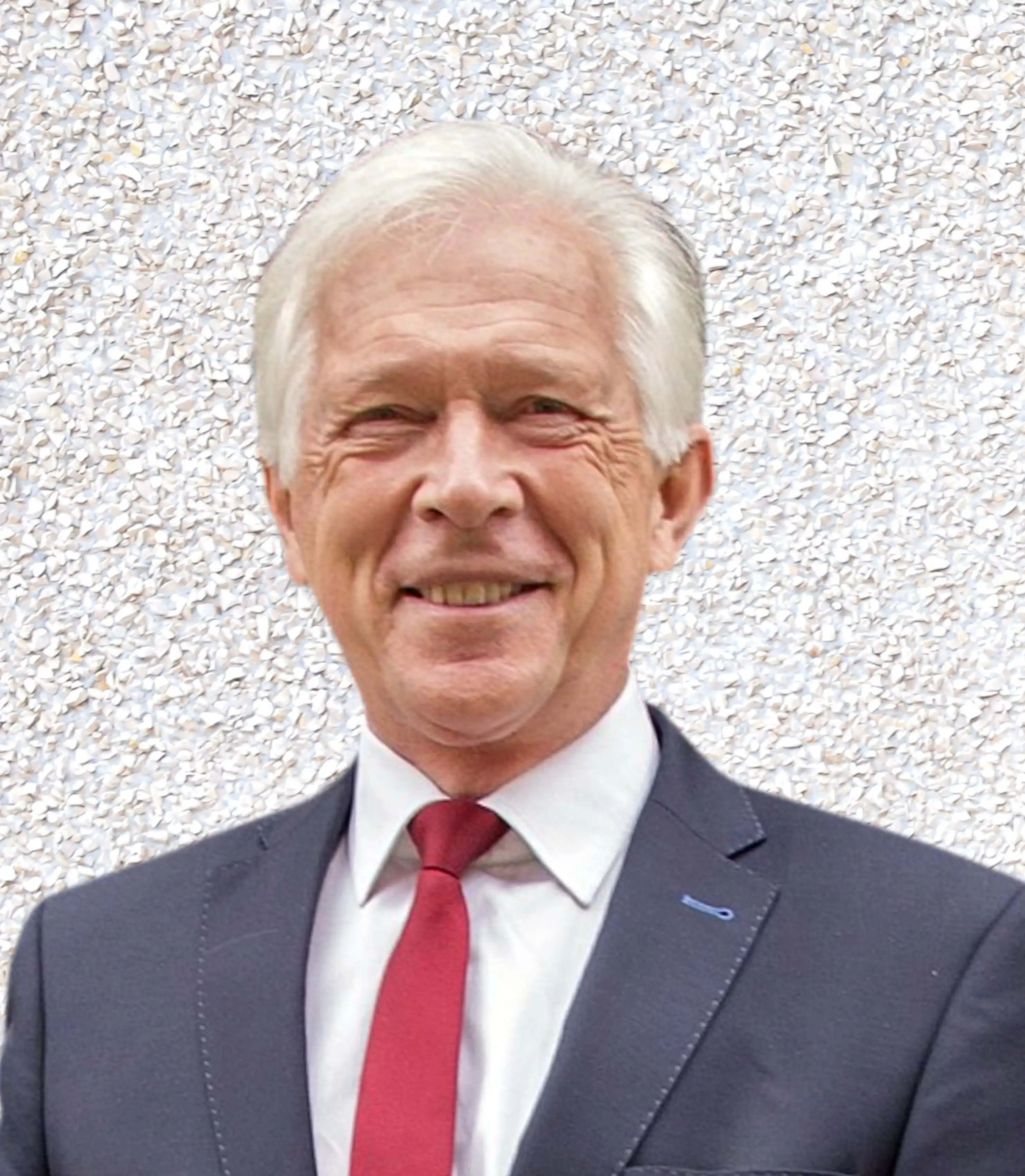
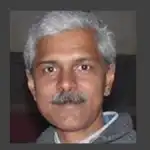
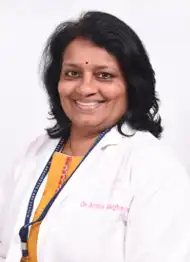
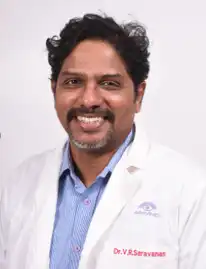
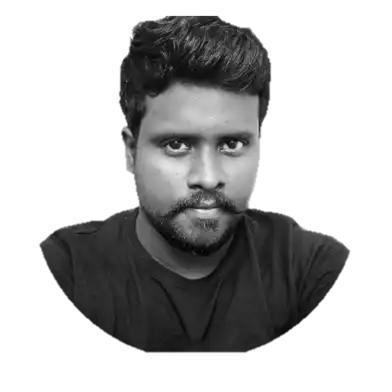
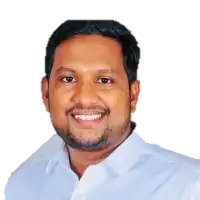
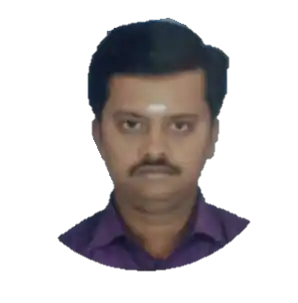
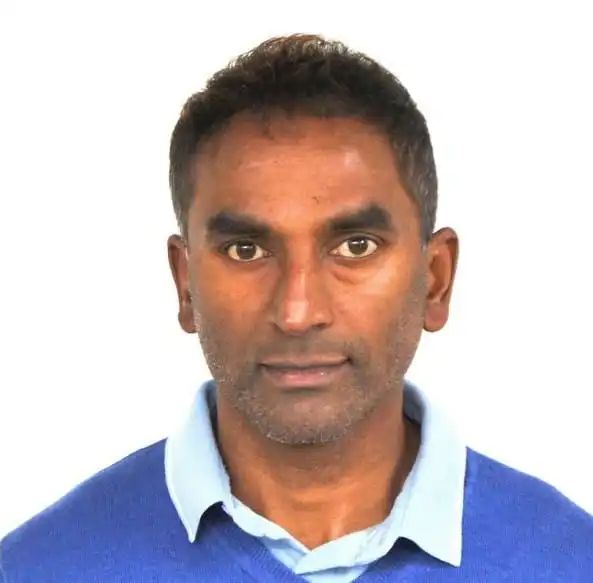





| S. No. | Faculty name | E-content Link |
|---|---|---|
| 1 | Dr. Ganesh kumar D | Read More |
| 2 | Dr. Sreelatha P | Read More |
| 3 | Dr. Allwyn Gnanadas A | Read More |
| 4 | Dr. Gayathri T | Read More |
| 5 | Dr. Logesh Kumar S | Read More |
| 6 | Dr. Rajasingam N | Read More |
| 7 | Mr. John Amose | Read More |
| 8 | Mr. Bharath V | Read More |
| 9 | Dr. Arunkumar P | Read More |
| 10 | Ms. Swathy M | Read More |
| 11 | Ms. Priya Darshini B | Read More |
| 12 | Mr. Krishna Kumar R | Read More |
Who can study Biomedical Engineering at KPR Institute of Engineering and Technology
The candidates must have passed the 12th standard(intermediate) or its equivalent examination from the Government recognized board with the subjects as Physics, Chemistry and Mathematics with the percentage as 45% (for general candidates), 40% (for backward class including Muslim), 40% (MBC & DNC) and 40% (for SC/ST/SCA) candidates.
As the candidates from other states are considered under General Category, a pass with minimum average marks in Physics, Chemistry and Mathematics put together as 45% (General Category)
The candidate should have passed in all the subjects and scored a minimum average of 45% in Physics, Chemistry and Mathematics put together as in General Category
The candidate should have passed in all the subjects and scored a minimum average of 45% in Physics, Chemistry and Mathematics put together
Passed Diploma examination with at least 45% marks (40% marks in case of candidates belonging to reserved category) in ANY branch of Engineering and Technology
Application Link Click Here
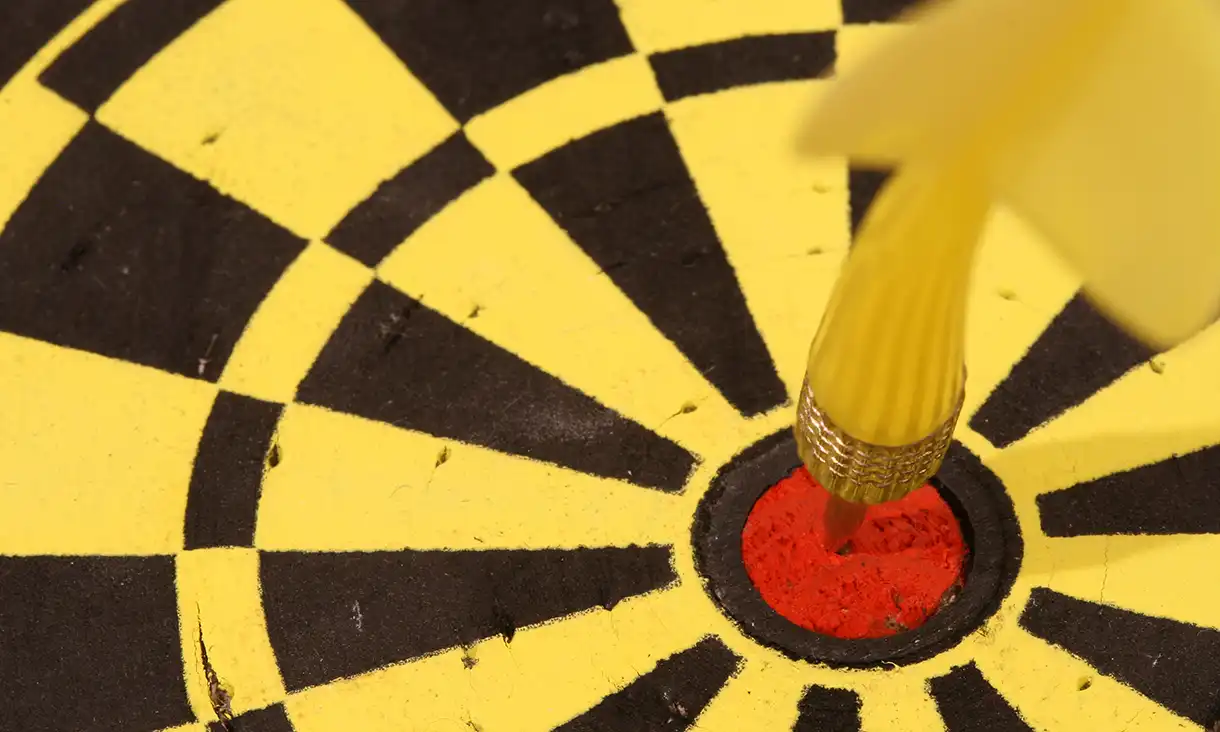
Download the strategy - What are the opportunities available for a student at KPRIET